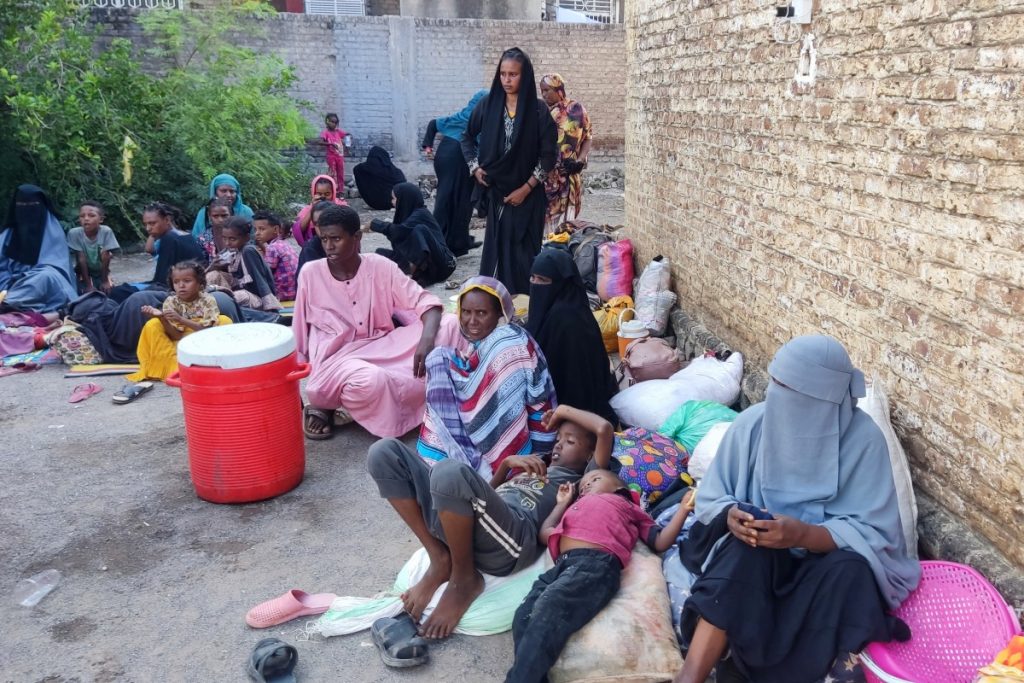At least 50 people have been killed in a single attack by Sudanese paramilitaries, according to activists. The Rapid Support Forces (RSF) have intensified their violence against civilians in al-Jazira state, south of the capital Khartoum, following the defection of their local commander to the Sudanese army.
The resistance committee in Hasaheisa reported Friday that the villages of al-Sariha and Azraq have been under attack since Friday morning. In al-Sariha alone, 50 were killed and over 200 were injured, with the committee citing a lack of ability to evacuate the wounded due to ongoing shelling and sniper fire.
With a near-total communications blackout, casualty figures remain difficult to verify. The committee noted that Azraq is also under siege and facing similar violations, though no death toll could be confirmed there.
On Friday, the Sudanese doctors’ union urged the United Nations to advocate for safe humanitarian corridors into besieged villages, which they claimed are facing genocide at the hands of the RSF. They stated that rescue operations are now impossible and that the army cannot protect civilians. Most health facilities able to handle emergencies have been forced to close.

The war in Sudan has claimed tens of thousands of lives, with estimates as high as 150,000 deceased. The UN describes it as the world’s largest displacement crisis, with over seven million people uprooted. In June, U.S. Ambassador to the UN Linda Thomas-Greenfield labeled Sudan the planet’s largest humanitarian crisis. Famine was declared in July at the Zamzam camp for displaced individuals near El-Fasher in the Darfur region.
In a regional context, last Sunday, the army announced the defection of RSF’s al-Jazira commander, Abu Aqla Kaykal, along with many of his forces, marking a significant shift in the conflict. Activists reported at least 20 casualties from subsequent RSF attacks in eastern al-Jazira and noted airstrikes by the Sudanese Armed Forces on a mosque in Wad Madani that killed 31.
Chad denied accusations of providing arms to the RSF after the governor of Darfur alleged such support. Chadian Foreign Minister Abderaman Koulamallah stated that Chad is not interested in escalating the conflict, acknowledging the war’s significant repercussions for the country. Sudanese authorities had previously accused Chad of facilitating weapons deliveries from the UAE, claims which both have denied.
Catherine Pattillo, the IMF’s director for Africa, warned this week that the war in Sudan could inflict severe economic damage on its struggling neighbors, compounding challenges related to refugees, security, and trade.


